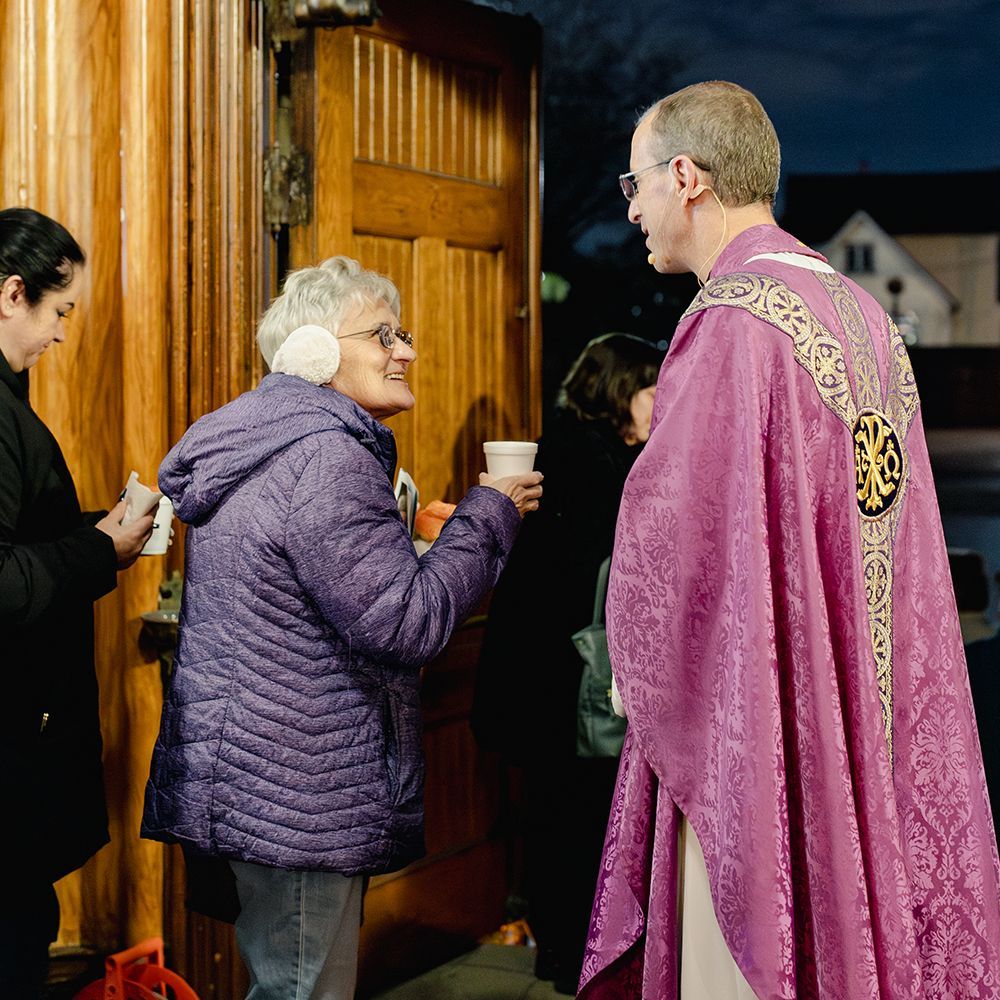As the Day Was Drawing to a Close

It isn’t uncommon for me to get to the noon hour only to realize that I haven’t yet eaten anything that day.
It drives my husband crazy. He was raised by a bunch of Italian women, so he can’t help but think three meals ahead. And don’t get me wrong, I love food — I literally dream of donuts. But some days, I’m just so busy and I keep putting it off until I realize how weak I feel, how light-headed. And I think to myself: Stupid, you’ve done it again.
This is what comes to mind today, on the Solemnity of the Most Holy Body and Blood of Christ, as I read the Gospel account of the miracle of the loaves and fishes.
I think of hunger, distraction and the poor planning of those who pride themselves on being capable.
“As the day was drawing to a close,” it is written — that’s when the disciples finally realized that 5,000 hangry people is not an ideal situation.
I wonder, did Jesus roll his eyes when they came to him, and think, “Finally”? At any point he could have pulled out a fish and said a blessing. But he waited for them to ask. He waited for them to realize how badly they needed it.
Sometimes we forget that we need the Eucharist. It’s not just a nice thing to have, a sweet act of devotion, a sacramental item that bolsters our faith. The Eucharist is none of those things. The Eucharist is the food without which we will die. The Eucharist is something we must seek out. Remember: the day is drawing to a close.
©LPi




